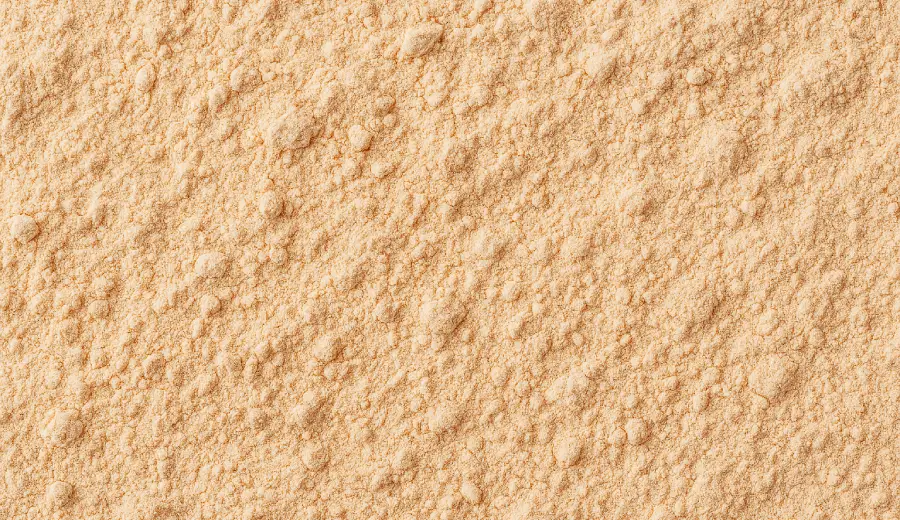
As interest in nutrient-rich and naturally sourced ingredients grows, working with the right baobab suppliers is key for brands developing wellness products, superfood blends, and functional nutrition lines. Nutrada helps you explore a wide range of trusted partners offering high-quality baobab powder, with the transparency and traceability modern buyers expect. Whether you’re sourcing organic or conventional material, our platform simplifies supplier discovery and comparison.
Baobab powder comes from the fruit of the baobab tree, also known as the "Tree of Life." This tree grows in Africa and produces hard-shelled fruits that have dry pulp inside. The pulp dries naturally in the shell, making it easy to turn into powder. Baobab fruit powder has a sharp flavor and can be used in many foods and drinks. It is popular in smoothies, snacks, and health foods because it is high in fiber, vitamins, and minerals. Unlike most fruits, baobab fruit dries on the tree, which makes processing easier and better for the environment. The pulp has a lot of vitamin C and prebiotic fiber, which is why it's known as a superfood. For natural vitamin C options, camu camu is similar, while lucuma adds a similar sweetness to recipes.
Baobab comes in two main forms:
Baobab is mainly harvested during the dry season, and the timing can change depending on the region. In West and Southern Africa, harvesting usually happens from November to April. The fruit dries while still on the tree. This helps lower processing needs after harvesting and keeps its nutrients intact. This natural drying also makes baobab a good option for eco-friendly brands.
Baobab mainly comes from Sub-Saharan Africa. The main countries that produce it are:
African countries are the center of baobab production because of their good climate and traditional knowledge. Efforts to grow baobab in other areas are not very advanced, as Africa still leads in both supply and quality. Recent studies show that these trees can last a long time, and many are still growing well.
Baobab has been part of African diets and medicine for a long time. Recently, it has become popular in other countries because of its good nutrition. Baobab is high in vitamin C and fiber, which helps the immune system and digestion. This fits with the growing focus on gut health and clean eating. It also has prebiotic benefits and is sourced sustainably, which appeals to health brands. Plus, baobab has a unique citrus taste that works well in snacks and drinks.
In Europe, demand for baobab is rising, especially in Germany and the Netherlands, where functional foods and drinks are becoming more popular. In North America, the market for baobab was worth over $3.05 billion in 2024, making it a strong opportunity for producers.
Buying baobab in bulk is great for businesses that make functional blends, drink mixes, or dietary supplements. Bulk baobab powder comes as a fine mesh, has a long shelf life, and low moisture. You can often customize it based on your needs. Shipments are packed on pallets for transport around the world.
Companies looking to enter the superfood market can quickly start with private label baobab. Suppliers in the Nutrada network can assist businesses in creating their own baobab brand. This makes it easy for them to sell their own baobab products.
Organic baobab is gathered according to strict rules to meet organic standards. It comes mostly from wild trees and contains no synthetic additives, helping to protect biodiversity. The powder is stored in moisture-resistant bags to keep it fresh.
If you need baobab in bulk or as a private label, Nutrada can assist you in finding reliable suppliers globally. You can view locations, certifications, and supplier capabilities all in one place, simplifying your buying process. Sign up with Nutrada today to connect with a network of baobab suppliers who prioritize quality, transparency, and sustainable practices.